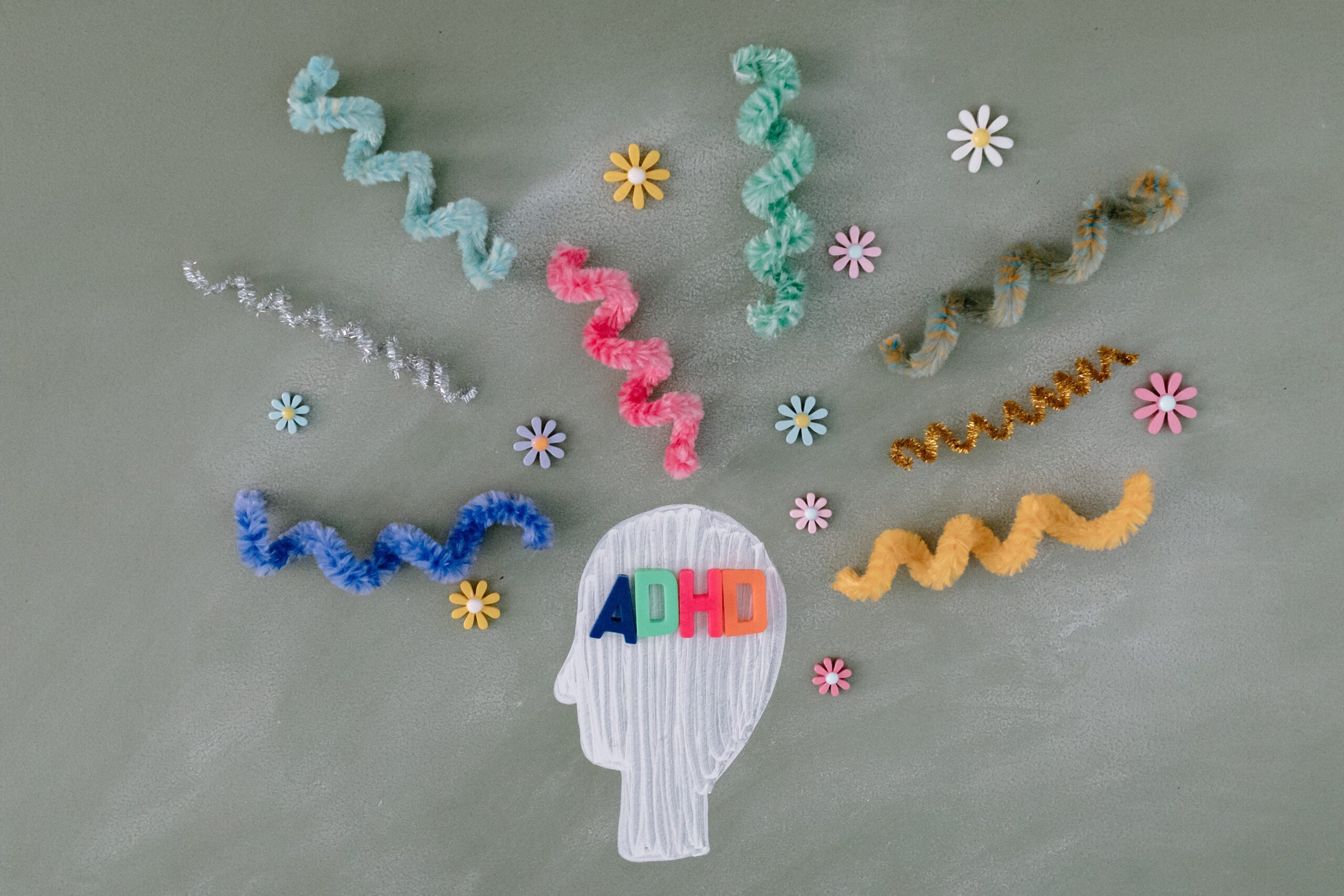Effective Strategies for Assisting Children With A.D.H.D

Attention-deficit/hyperactivity disorder (ADHD) is a neurodevelopmental disorder that affects millions of children worldwide. As a parent, it can be challenging to support and guide your child through the unique challenges they face. However, with the right strategies and a compassionate approach, you can help your child with ADHD unlock their true potential. In this article, we will explore effective strategies for helping children with ADHD thrive academically, socially, and emotionally.
Establishing Structure and Routine:
Children with ADHD often struggle with organization and time management. Establishing a consistent daily routine can provide them with a sense of structure and predictability. Create schedules, use visual aids, and set clear expectations for daily tasks, homework, and chores. Break larger tasks into smaller, manageable steps to help your child stay focused and on track.
Creating a Distraction-Free Environment:
Minimizing distractions is crucial for children with ADHD. Designate a quiet, clutter-free workspace where your child can focus on tasks without external interruptions. Use noise-cancelling headphones, provide privacy screens, or employ fidget toys to help channel their restless energy and maintain concentration.
Utilizing Visual Cues and Reminders:
Visual cues can significantly enhance organization and memory for children with ADHD. Utilize visual aids such as color-coded calendars, checklists, and charts to help them remember daily routines, assignments, and deadlines. Incorporate timers or alarms to signal transitions between activities, allowing them to prepare mentally and switch tasks smoothly.
Encouraging Physical Activity:
Regular physical exercise has been shown to improve attention and reduce hyperactivity in children with ADHD. Encourage your child to engage in activities such as sports, dance, martial arts, or even regular outdoor playtime. Physical exercise releases pent-up energy and increases the production of neurotransmitters that regulate mood and focus.
Breaking Tasks into Manageable Chunks:
Long tasks or assignments can be overwhelming for children with ADHD. Break down tasks into smaller, more manageable chunks. Teach your child to prioritize tasks and tackle them one step at a time. Provide clear instructions and offer positive reinforcement as they complete each stage, fostering a sense of accomplishment and motivation.
Implementing Behavioral Strategies:
Behavioral strategies can help manage impulsive behaviors and improve self-control. Use techniques such as positive reinforcement, token systems, or reward charts to encourage desirable behaviors and discourage impulsive actions. Establish consistent rules and consequences, ensuring that expectations are clear and understood.
Promoting Effective Communication:
Open and honest communication is key in helping children with ADHD navigate social interactions. Teach them active listening skills, appropriate body language, and turn-taking during conversations. Encourage empathy and understanding by discussing emotions and perspective-taking. Model effective communication techniques within the family and provide gentle guidance when conflicts arise.
Collaboration with Educators:
Collaboration with your child’s teachers and school is crucial for their academic success. Maintain open lines of communication, inform them about your child’s ADHD diagnosis, and discuss strategies that have proven effective at home. Explore classroom accommodations such as preferential seating, additional time for assignments, or the use of assistive technologies to support learning.
Teaching Self-Advocacy Skills:
Empower your child to become their own advocate. Teach them about ADHD, its challenges, and their individual strengths. Encourage them to articulate their needs, ask for assistance when required, and communicate with teachers, peers, and other supportive adults. By developing self-advocacy skills, they gain confidence and become active participants in their own journey.
Cultivating Emotional Well-being:
Children with ADHD may experience heightened emotions and frustration. Teach them emotional regulation techniques such as deep breathing exercises, mindfulness, or journaling. Encourage healthy outlets for emotional expression, such as art, music, or engaging in hobbies they enjoy. Provide emotional support, understanding, and reassurance, helping them navigate their feelings and build resilience.
Parenting a child with ADHD requires patience, understanding, and a tailored approach. By implementing these strategies, you can provide your child with the tools they need to thrive academically, socially, and emotionally. Remember, every child is unique, so be flexible in adapting and modifying these strategies to best suit your child’s individual needs. With your love, support, and unwavering belief in their abilities, children with ADHD can overcome challenges and reach their full potential.

